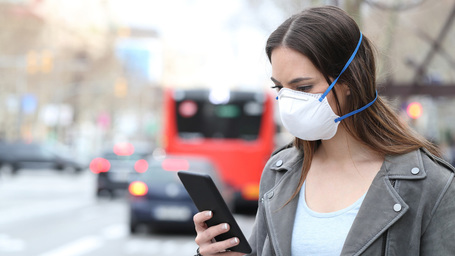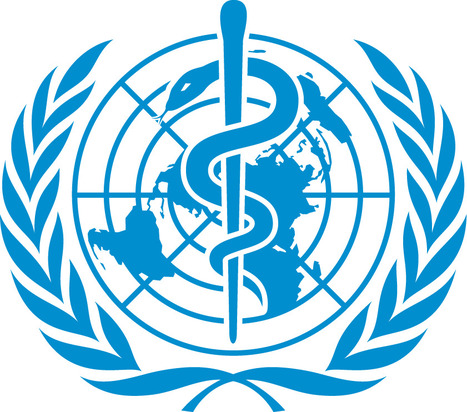COVID-19 puts NHS’ app library to the test #esante #hcsmeufr #digitalhealth #Coronavirus #covid-19 #COVID19FR #coronavirusfrance

FDA OKs digital health tools for use during pandemic #esante #hcsmeufr #digitalhealth #Coronavirus #covid-19 #COVID19FR #coronavirusfrance
22/04/2020
Microsoft chatbot helps COVID-19 survivors determine if eligible to donate plasma #esante #hcsmeufr #digitalhealth #Coronavirus #covid-19 #COVID19FR #coronavirusfrance
22/04/2020Leela Barham looks at how apps with the NHS’ seal of approval are faring in the market and how the app landscape has changed due to COVID-19.
With the COVID-19 pandemic taking hold of the country, there is an increased focus on how apps can not only help to manage health remotely, but also play a role in responding to the outbreak.
According to some estimates, there are now over 400,000 healthcare apps. That’s not including apps that are more focused on general lifestyle. That’s a lot of apps for patients, and their clinicians who may be asked for their views, to consider. And the number is growing all the time; there are already new apps specifically in response to COVID-19.
England’s NHS ‘App Library’ is an effort to quality assure; sort of an NHS kite mark. It was launched back in April 2017 (after a lengthy gestation), so it’s now two years old. It’s part of the wider drive, set out in the NHS Long Term Plan, for digitally enabled care.
Developers have to answer a set of digital assessment questions (DAQ) that make sure that only safe and secure apps and digital tools are published on the library. All apps have their eligibility checked, have to be registered with a regulator as appropriate, and are technically assessed.
Source: pharmaphorum.com



